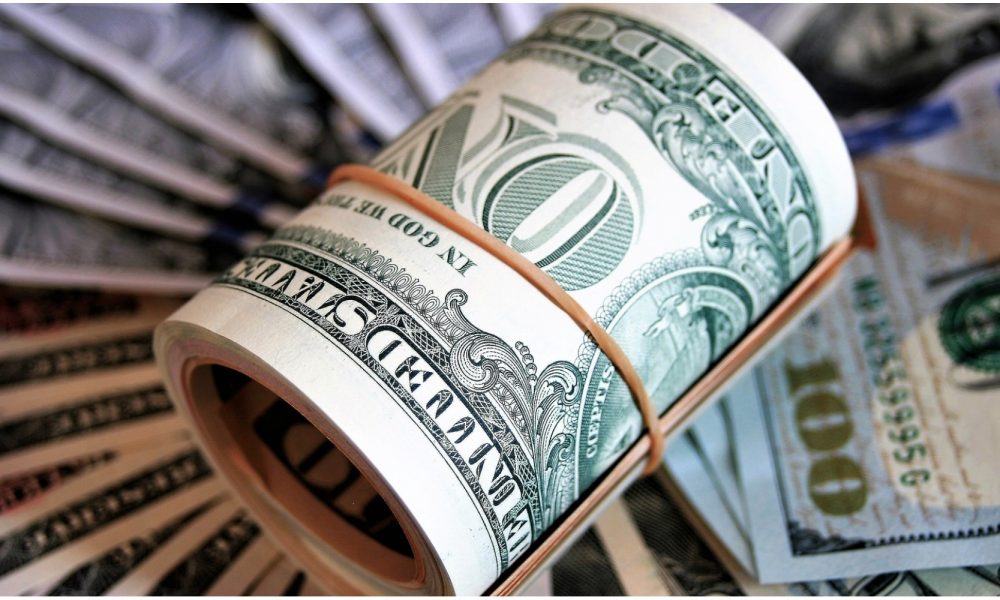
Here’s Why Staying Unbanked Is Not A Good Idea At All

Do you really think that every single individual that you come across maintains a bank account? Does everyone drop their paychecks and pay their bills through their banks? It might surprise you to know that millions of Americans do not have a bank account. In fact, they do not have anything to do with banks at all. A good percentage of those who have bank accounts depend on financial services like check cashing and payday loans from places outside a bank. In case you are just dragging yourself in terms of money, opening an account in a bank might not be a good idea for you. But, if you want to improve your financial situation, staying unbanked is definitely not a good idea at all.
What Does Being Unbanked Imply?
 Unbanked is a term that is used by the FDIC. It refers to those families that don’t have a bank account or for that matter, an account in any financial institution. In 2015, nearly 7% of all households in the United States did not have a bank account. While 19.9% were not appropriately banked or underbanked. This implied that despite having their accounts in a bank, they availed financial services from sources outside of the bank.
Unbanked is a term that is used by the FDIC. It refers to those families that don’t have a bank account or for that matter, an account in any financial institution. In 2015, nearly 7% of all households in the United States did not have a bank account. While 19.9% were not appropriately banked or underbanked. This implied that despite having their accounts in a bank, they availed financial services from sources outside of the bank.
Therefore, more than 25 million families in the U.S. are either unbanked or underbanked. Being unbanked can have several financial disadvantages. You won’t be able to receive direct deposits from your employer if you don’t have a bank account. Also, you can’t build your credit history which you would need for borrowing money in the future. If you have your own bank account, you get to save money and can also avail of safe money transfers. Though the percentage of unbanked people in the United States has come down, millions don’t have a bank account.
Do People Prefer Being Unbanked?
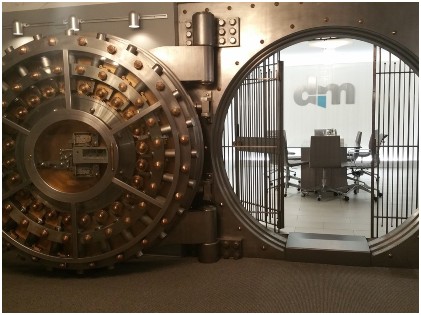 The National Survey of Unbanked and Underbanked Households by the Federal Deposit Insurance Corporation doesn’t only keep a track of unbanked people. Does it also try to find out why are they unbanked? In the survey, which took place in 2015, 57.4% of the respondents did not have a bank account because they do not have ample savings to maintain a bank account. However, there were other reasons too. A few respondents did not trust the bank and prefer to keep their money with themselves.
The National Survey of Unbanked and Underbanked Households by the Federal Deposit Insurance Corporation doesn’t only keep a track of unbanked people. Does it also try to find out why are they unbanked? In the survey, which took place in 2015, 57.4% of the respondents did not have a bank account because they do not have ample savings to maintain a bank account. However, there were other reasons too. A few respondents did not trust the bank and prefer to keep their money with themselves.
Some people prefer to stay unbanked owing to the exorbitant fees that banks charge for account maintenance. So, while on one hand, unbanked households are financially incapable of opening accounts in a bank, on the other hand, they are doubtful of how the banks will treat them as customers. While a lot of people are skeptical, they are unable to realize the greater benefits.
Is it Necessary to Open a Bank Account?
There are plenty of benefits that are associated with when you open a bank account. The federal government insures your deposits against loss. The range of benefits that banks offer, makes money management easier for you. After you open an account with a bank, you get a debit card. Along with that, you can deposit your checks for free and get access to ATMs.
Banking on the services that the banks offer, you can carry less cash. In the case of alternative lenders, you would need to shell out a fee while cashing your check. With banks, you do that free of cost. There are certainly long-term benefits as well. You can rake in interest on your balance amount depending on the type of account you choose to open.
How to Open a Bank Account if You are an Unbanked Customer?
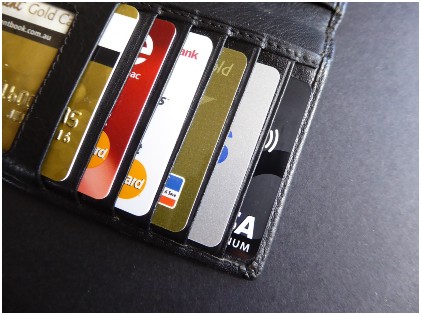 Retail banking has experienced some swift changes and that has led to a sharp rise in the number of accounts that don’t charge exorbitant fees and put pressure on the wallet of a customer. In the case of online-only banks, customers don’t need to shell out minimum opening deposits and a high account fee.
Retail banking has experienced some swift changes and that has led to a sharp rise in the number of accounts that don’t charge exorbitant fees and put pressure on the wallet of a customer. In the case of online-only banks, customers don’t need to shell out minimum opening deposits and a high account fee.
As a result, customers won’t have to save before opening a bank account. If you are an unbanked customer, you wouldn’t even have to drop in at a physical bank since you can apply online through the websites of the online banks.
You have to provide your name, physical address, and also your driving license number or social security number so that banks can verify your identity.
More in Big Bank Accounts
-
`
After Password Sharing, Netflix Is Now Struggling With a New Problem
Netflix, the titan of streaming services, is grappling with a new challenge. In the wake of its password-sharing crackdown, the company...
November 27, 2023 -
`
Why 50-Year-Olds Are Looking for a Career Change
In today’s fast-paced and ever-evolving job market, it’s not uncommon to see individuals in their 50s embarking on new career paths....
November 20, 2023 -
`
Why Mortgage Demand Is Crashing as Interest Rates Skyrocket
Imagine having a favorite local ice cream shop that suddenly jacked up its prices by 50%. You would probably think twice...
November 18, 2023 -
`
Santo Spirits | Sammy Hagar and Guy Fieri’s Joint Venture
In the world of entrepreneurial partnerships, some unions are destined for greatness. The unexpected alliance between Sammy Hagar, the iconic Van...
November 12, 2023 -
`
Southwest Airlines Tackles Passenger and Labor Challenges
Southwest Airlines, a prominent player in the aviation industry, has found itself at a crossroads, facing a combination of passenger dissatisfaction...
October 28, 2023 -
`
Everything You Need to Know About Blended Interest Rates
Hou ever blended a smoothie and thought, “How on Earth do my strawberries, spinach, and protein powder come together to taste...
October 17, 2023 -
`
The Osbournes ‘Relaunch’ Podcast After 5 Year Break
If you were glued to your TV in the early 2000s, there is no way you missed the hilarious, raucous, and...
October 10, 2023 -
`
Tesla in China: Back-to-Back Price Drops, But No Sales Jump?
As temperatures soared in the summer of 2023, Tesla seemed to be heating things up in the Chinese market too. A...
October 6, 2023 -
`
Navigating Red Flags in the Workplace
In the journey of our careers, it’s not uncommon to encounter red flags in our jobs that signal potential issues or...
September 30, 2023

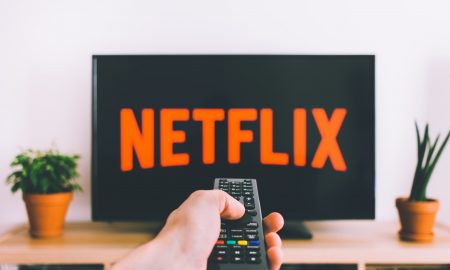




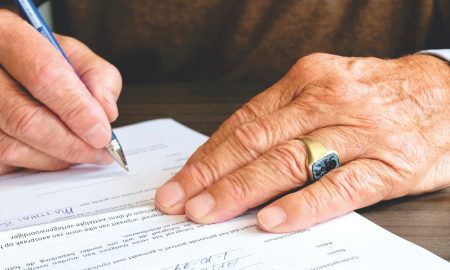
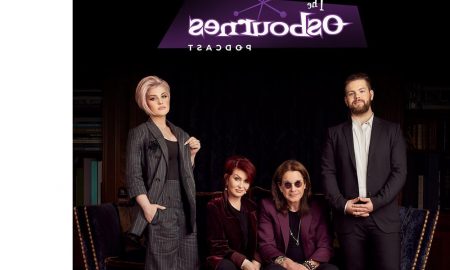
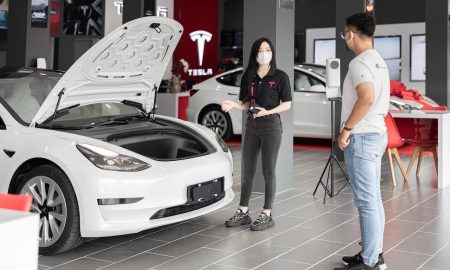
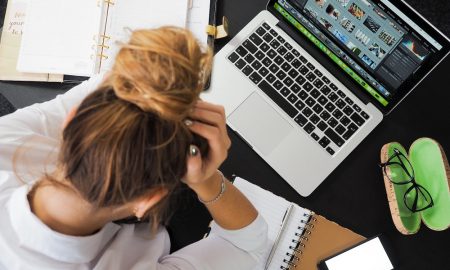


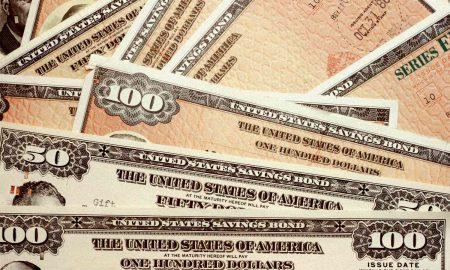
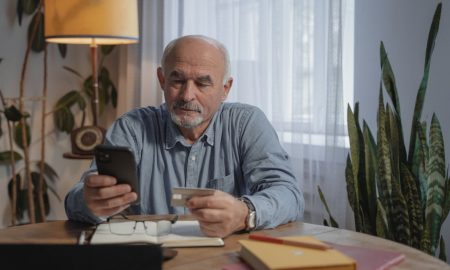

You must be logged in to post a comment Login